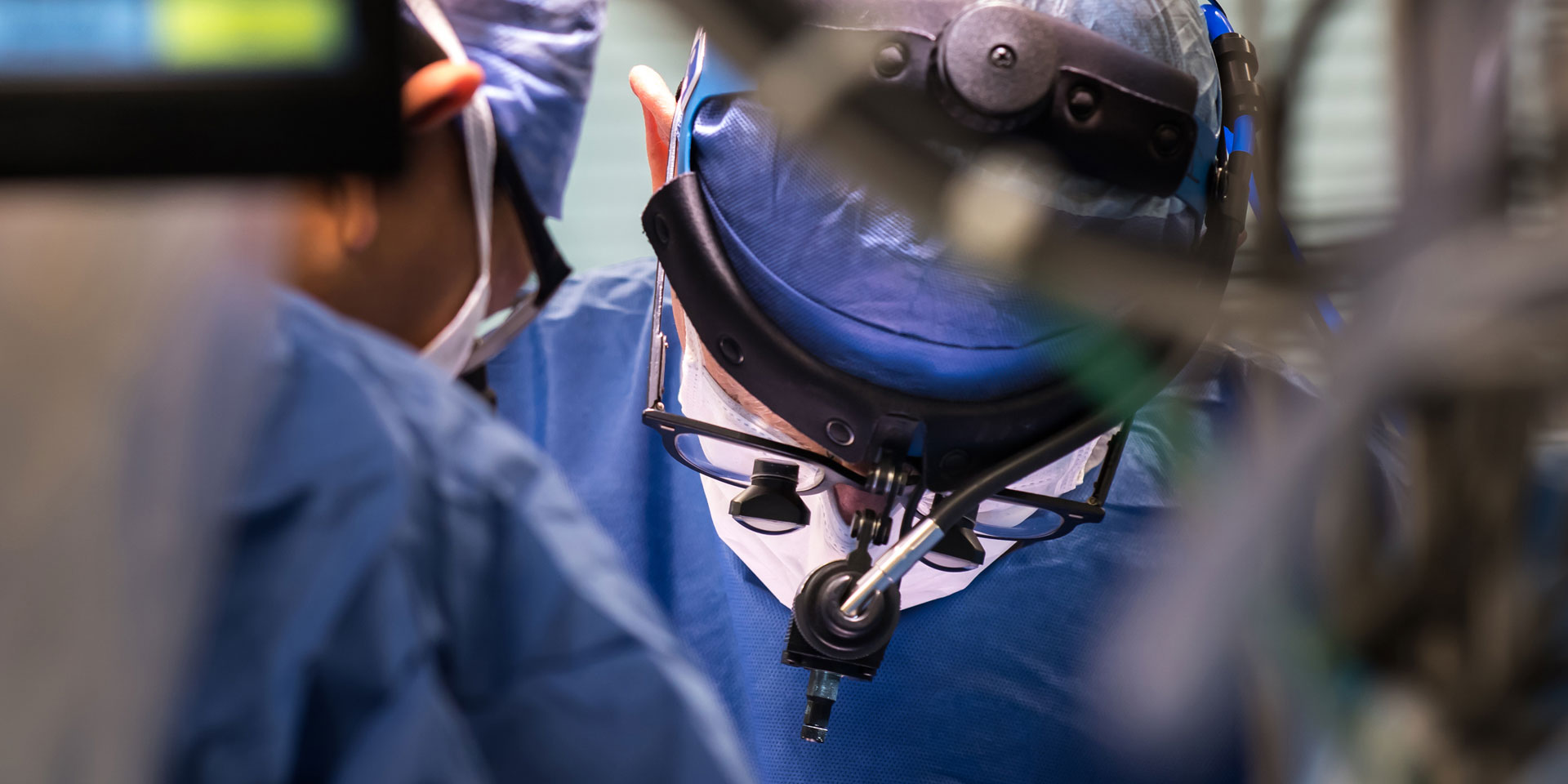Since 2012, Texas Children’s Coronary Artery Anomalies Program (CAAP) has provided multidisciplinary care for patients with rare congenital heart defects associated with coronary ischemia, myocardial infarction and sudden death. Coronary artery anomalies, specifically anomalous aortic origin of a coronary artery (AAOCA), are the second-leading cause of sudden cardiac death in children and young adults, and the first considering it is detectable by imaging. Diagnosing these anomalies can be challenging because many individuals with the conditions have no symptoms, and their first manifestation can be sudden cardiac arrest or death. Those who do have symptoms complain most often of chest pain, palpitations, dizziness or fainting during or just after exercise.
How to best treat children and young adults with coronary artery anomalies is a subject of debate in the medical community. Most physicians agree that surgery is necessary for patients who show evidence of decreased blood flow to the heart muscle, but how to treat patients who have no physical complaints and show no evidence of reduced blood flow to the heart is unclear.
By gathering prospective data over the past 7 years, many advances have been made in the understanding of this condition. By utilizing advanced imaging of the heart muscle under provocative stress with cardiac MRI, we have been able to identify patients that are at risk for myocardial ischemia.
Highlights of the program include:
- Over 450 patients evaluated and followed
- Patients and families from 20 different U.S. states
- Consultations received from other continents, such as Europe and Australia
- Nearly 300 stress cardiac MRIs have been performed
- 66 patients have been operated on with AAOCA and most remain free form exercise restrictions
- Psychology is part of CAAP team in the clinic, helping patients and families to cope with a potential high-risk abnormality
Symposium on Coronary Artery Anomalies
In December 2018, experts from across the country convened for the fourth Symposium on Coronary Artery Anomalies, hosted by Texas Children’s Hospital and Children’s Hospital of Philadelphia. The event was founded by leaders of Texas Children’s Coronary Artery Anomalies Program – the first of its kind in the nation – as a way for providers, researchers and others to gather and discuss the diagnosis and management of patients with coronary artery anomalies.
The symposium featured comprehensive presentations by members of Texas Children’s Coronary Anomalies Program, as well as 11 visiting faculty from some of the country’s preeminent pediatric health care institutions, including Boston Children’s, CHOP, Stanford University, Columbia University, UT Southwestern, and the Heart & Vascular Institute at Hartford Hospital in Connecticut.
A special Patient and Families Symposium was also held at the time. During this day-long event, parents and children attended talks that addressed topics such as the impact of coronary anomalies on families and the importance of counseling and shared decision-making when determining a plan of care. Visitors had an opportunity to hear from Texas Children’s patients and families who have had similar experiences of unknowingly living with these life-threatening conditions, receiving crucial diagnoses, making tough decisions, undergoing open-heart surgery and living a normal life in the aftermath. This emotional and powerful session was followed by discussions about the importance of networking and building a sense of community and collective support for people affected by coronary anomalies.


